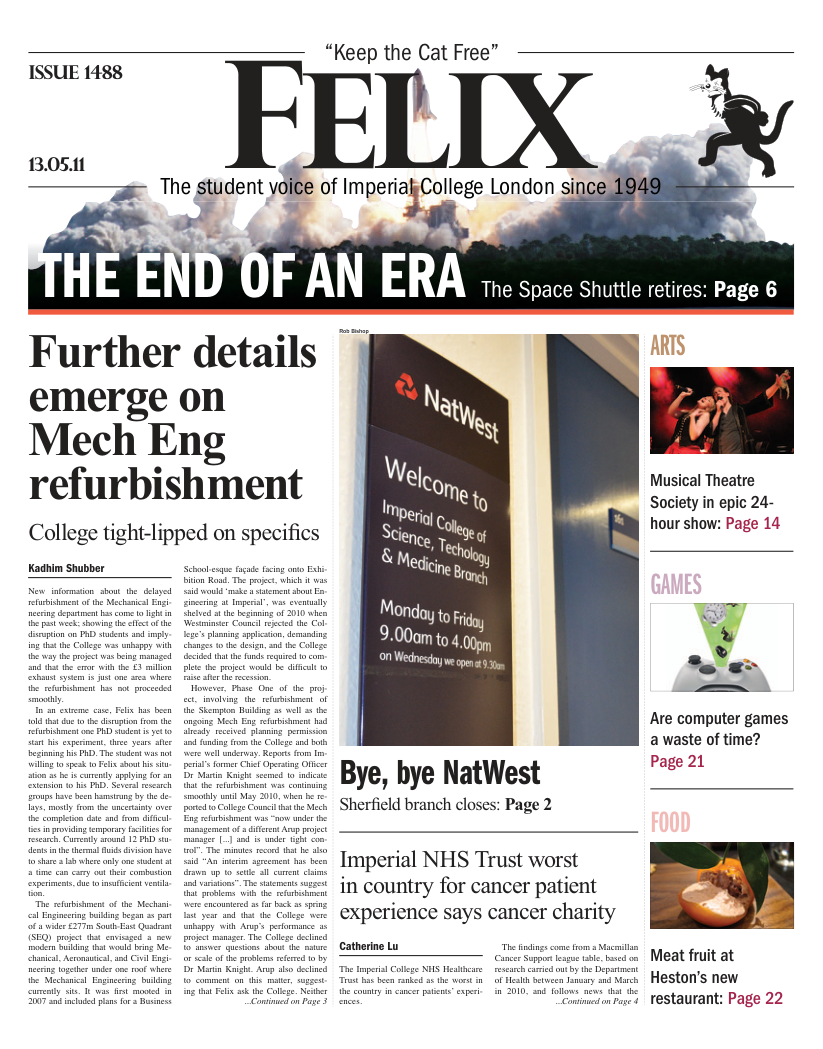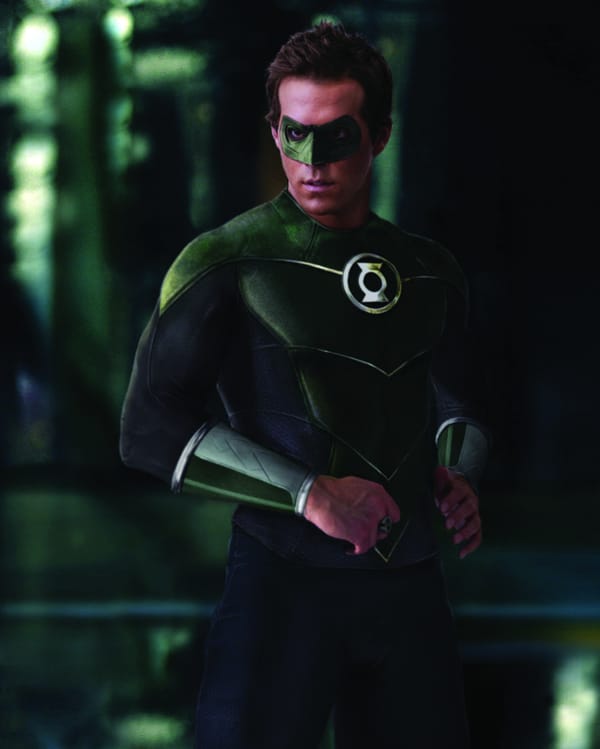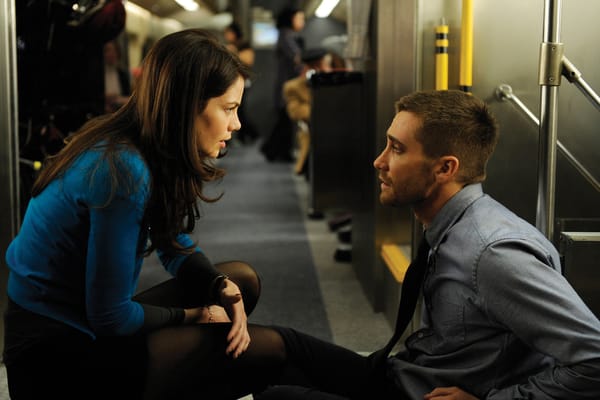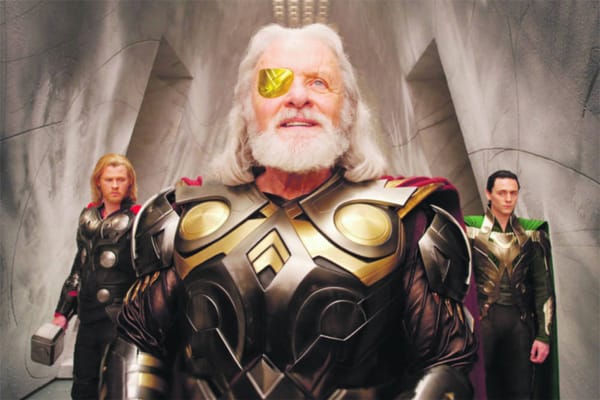Classic Cinema: On The Waterfront
A turning point for American cinema
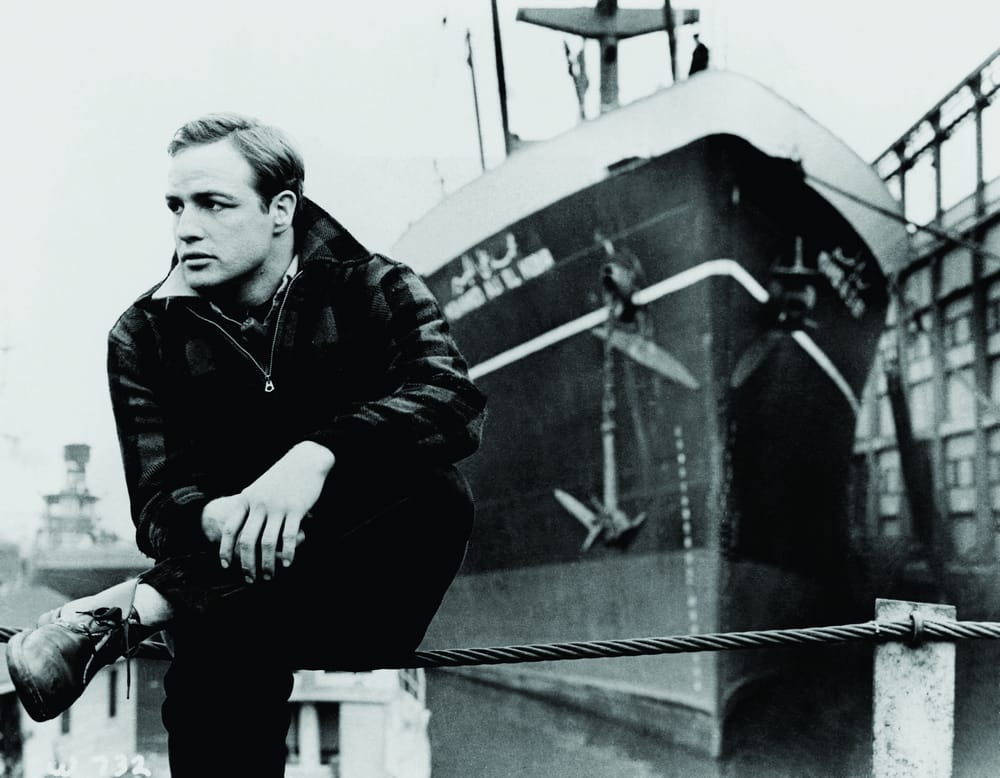
The Italians dominated social commentary cinema in the fifties and with the British kitchen sink dramas and French New Wave in their infancies, this gritty genre of cinema was their playground until the Americans caught up a couple of decades later. However, amongst the gaudy visuals of Technicolor musicals and melodramatic epics of the Golden Hollywood era, On the Waterfront bucked against the trend with a classic tale of corruption and working class rebellion against oppression. Elia Kazan’s highly regarded classic was based upon a series of exposé articles about mafia controlled extortion and racketeering on the docks of New York. After being reluctantly involved in the murder of dockworker who is preparing to testify against the Mob, Terry Malloy (Marlon Brando) finds himself questioning his conscience about his actions (or lack of) as he becomes romantically involved with the dead man’s beautiful sister (Eva Marie Saint) who is determined to discover the truth about her brother’s untimely death.
Terry is a gentle man, a failed boxer who took a dive for the Mob and lives a complacent but unfulfilling life under the protection of his brother, the gangsters’ lawyer. Spurred on to question his morals by a crusading priest (Karl Malden), Terry decides to break the unspoken code of silence and fight for better treatment of his fellow downtrodden longshoremen. Marlon Brando steals the film in his Oscar-winning performance; every twitch and stare along with his trademark chin scratch masterfully convey all the emotions of man reflecting on his own exploitation by his Mafioso brother. The scenes between Brando and Marie Saint are especially touching as the specter of her brother’s death hangs over their blossoming relationship. The script is vivid and passionate including the immortal ‘I wish I coulda’ bin a contender!’ speech.
Most importantly On the Waterfront was a turning point in American cinema; afterwards the classic dramatic style of acting began to wane and the natural Method acting of Brando and Malden gradually became the norm. Ed Knock

